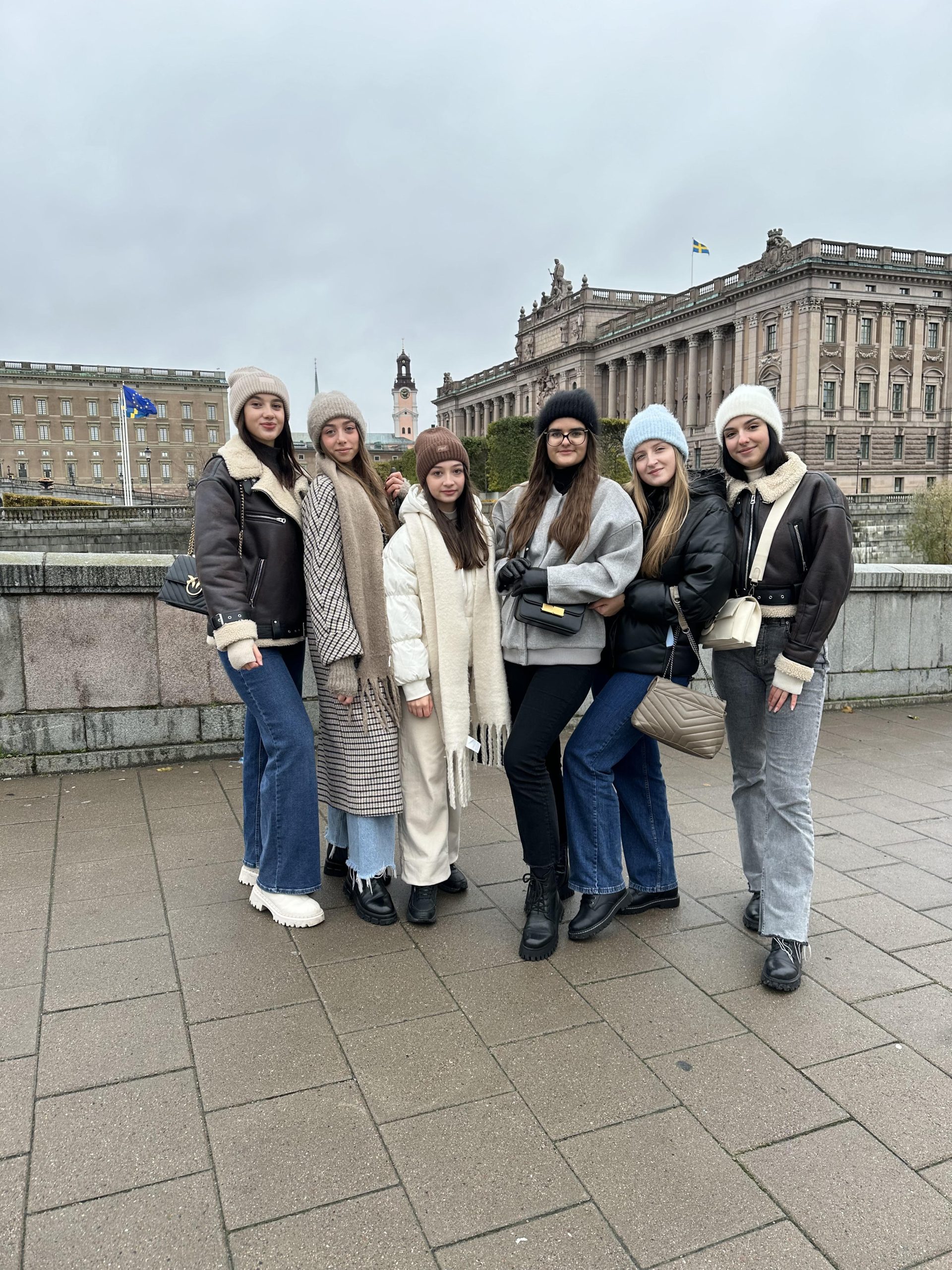
Erasmus+ at the University of Gdańsk What was it like
During the first semester of the academic year 2023-2024, three applicants for higher education from Ohiienko University studied at the University of Gdańsk (Gdańsk, Poland) within the framework of the EU Erasmus+ Program.
Anastasiia Ninadovska, a student of the Educational and Research Institute of Ukrainian Philology and Journalism (specialty 014 Secondary Education (Ukrainian Language and Literature. English), shared her impressions of studying at the Faculty of English Philology of the University of Gdańsk:
“These almost 5 months were a turning point for me. This is a new knowledge of another education system, other disciplines, studying entirely in English, and unfamiliar students and teachers, which scared me at the beginning. The first weeks were quite difficult. I had to adapt to different realities because everything was new: the teaching system, the way classes were conducted, and the communication with teachers. But over time, it became easier for me to accept everything that was happening. The acquaintance with other Erasmus students played a significant role in this.
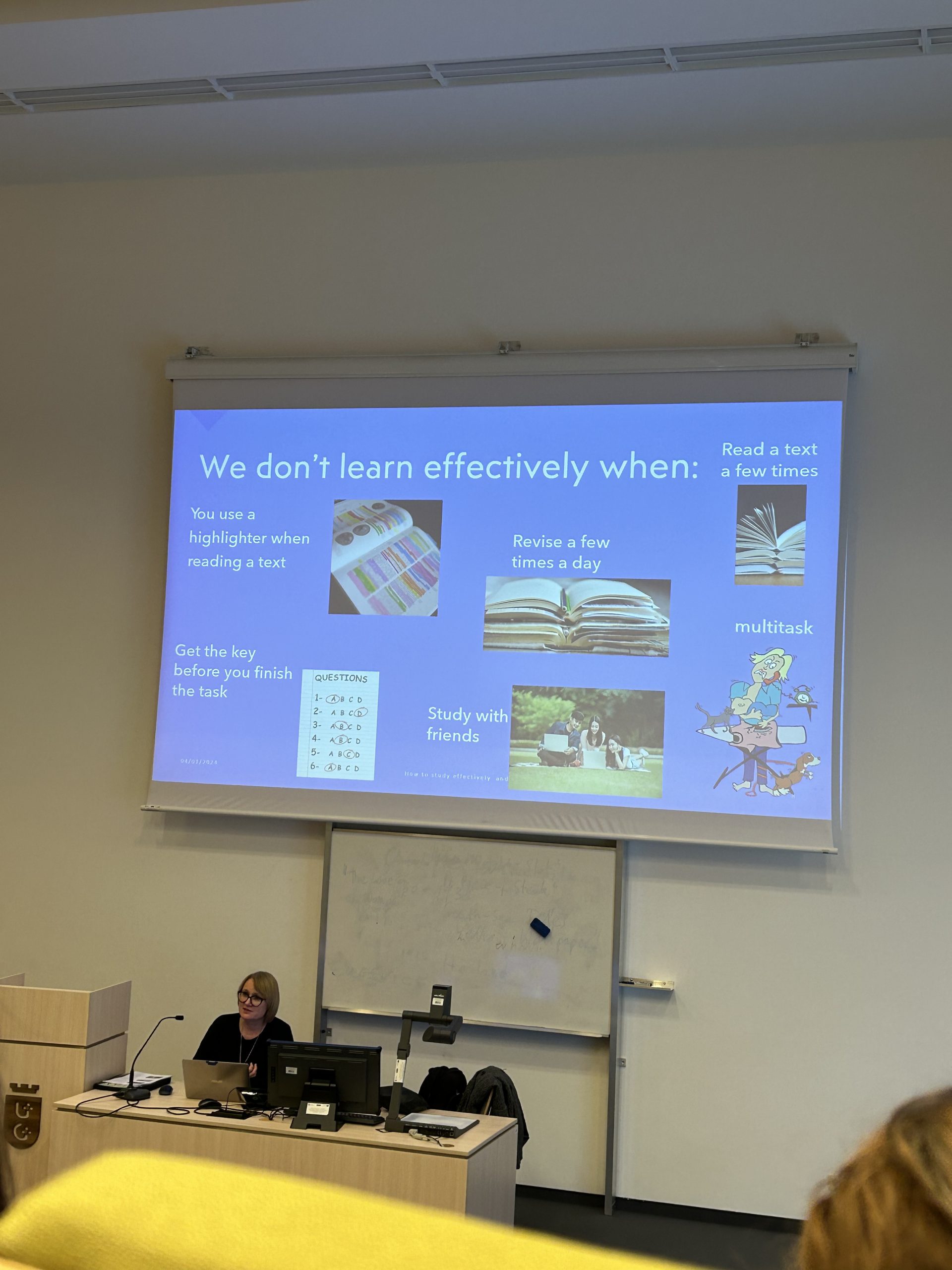  |
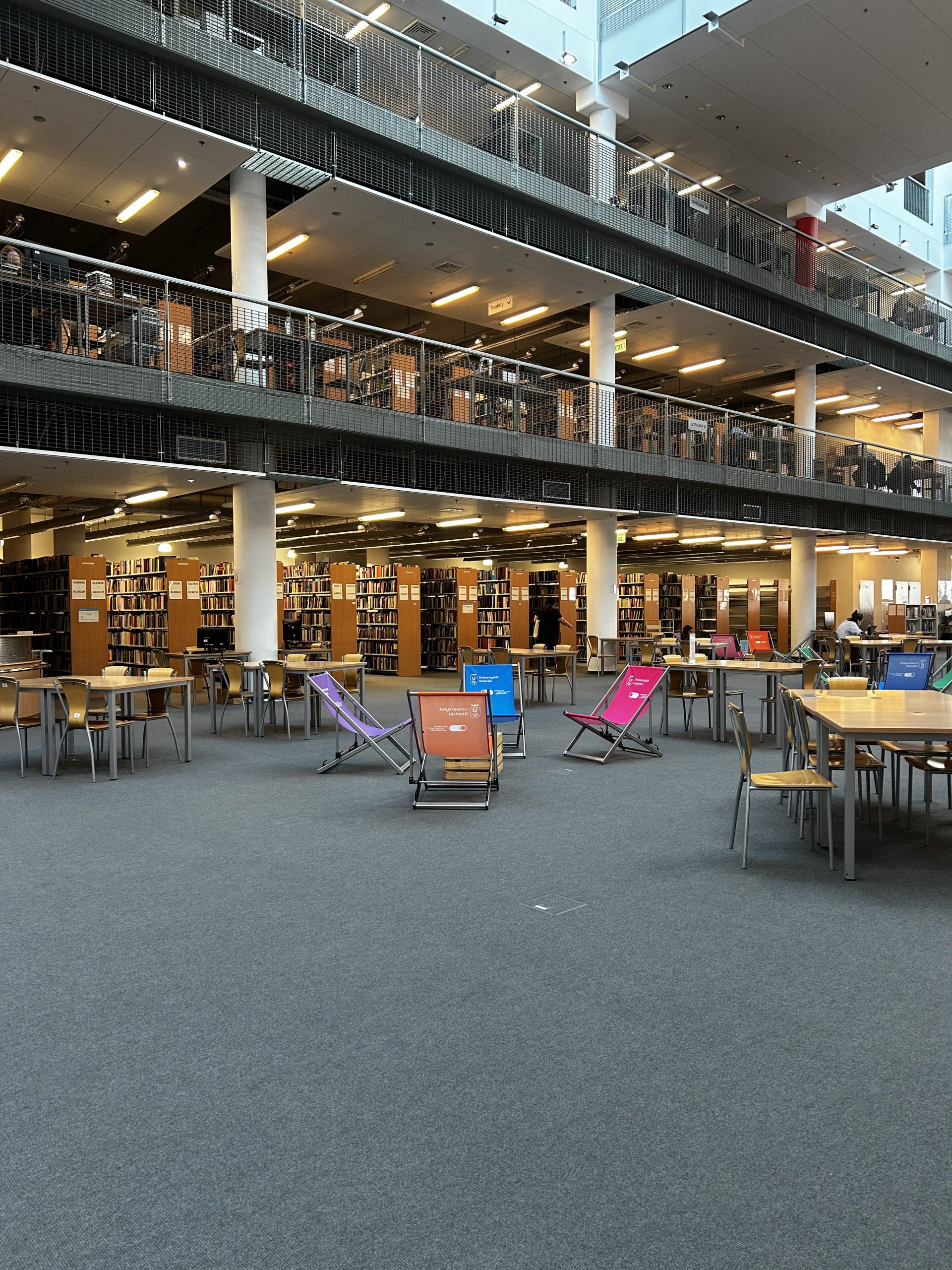 |
As for the learning process, I was somewhat surprised by its structure. I didn’t get grades during the classes, very rarely, and they were for individual disciplines, once or twice a month, as a summary of what I had learned. Also, we mostly talked, of course, there were lectures, but during them, the teacher communicated with us equally, I think it was all aimed at practicing the language.
Of course, I should also mention the Polish language courses, which became an interesting page in my program.
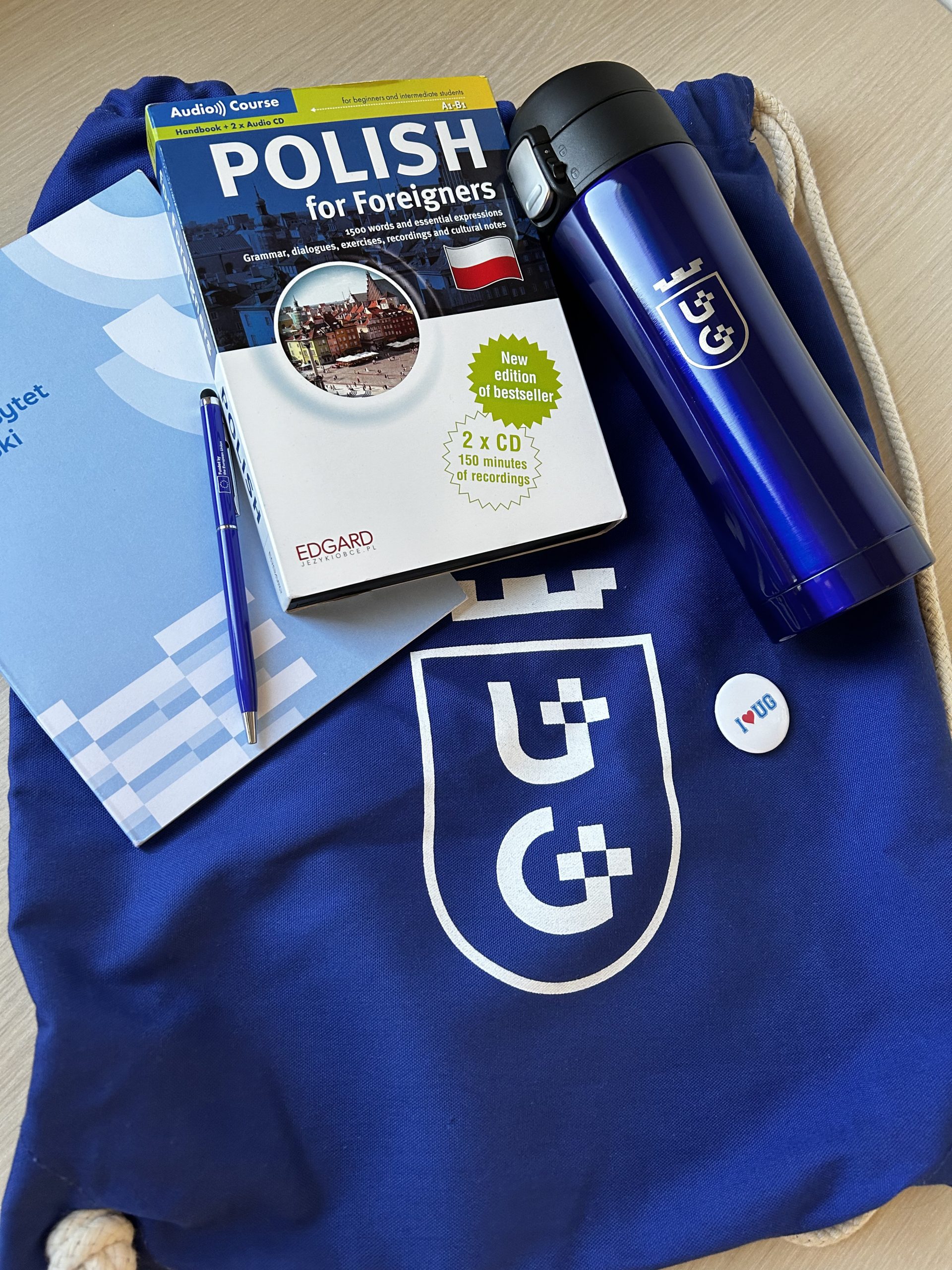 |
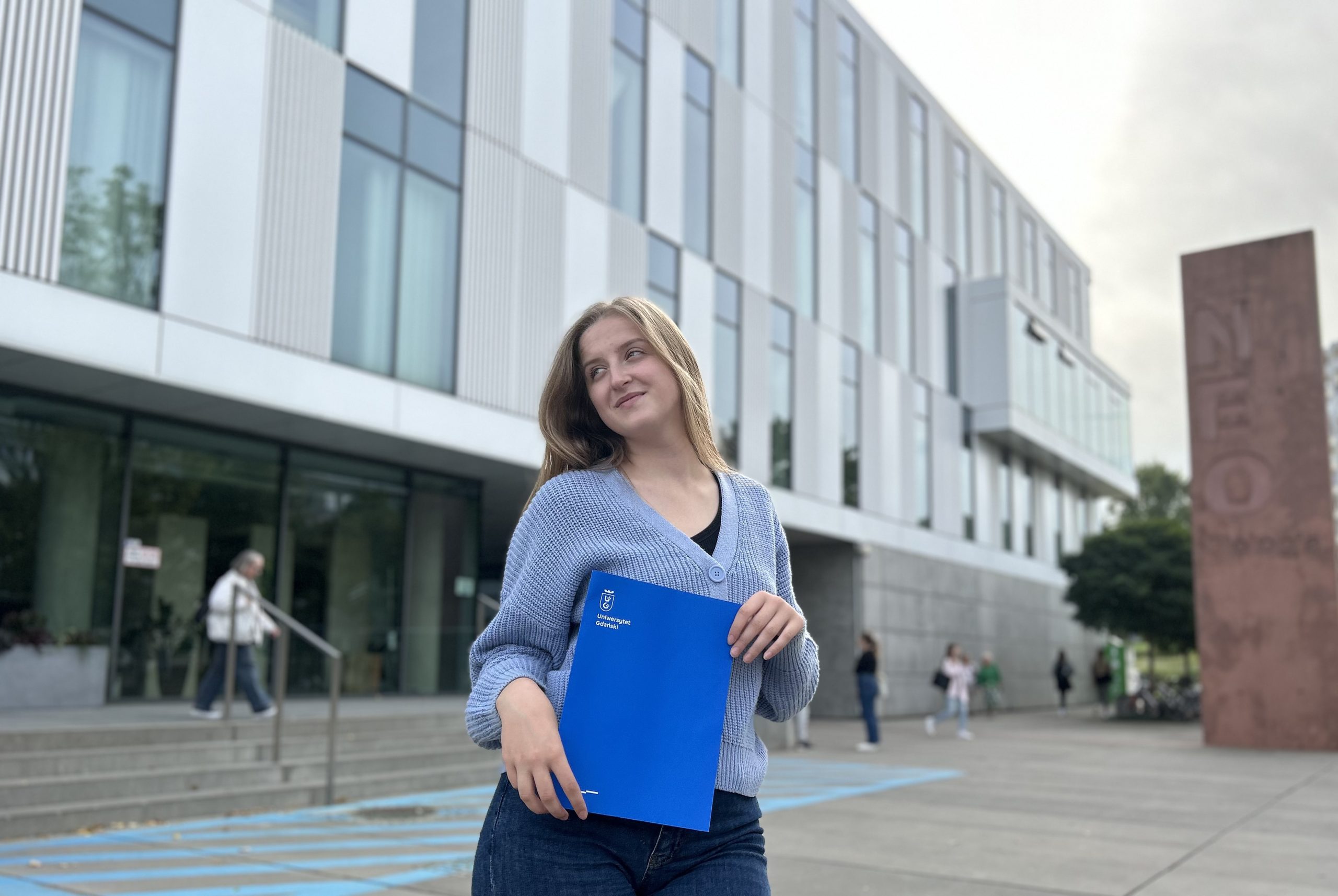 |
The session is the decisive step that summarizes what you have learned during the semester. Perhaps it is also somewhat different from the way it is conducted at our university. Lecture work is evaluated there, i.e., tests or written papers, and, accordingly, seminars and practicals are evaluated by oral and written exams.
I could write more than one post about my studies because it is a deep and interesting topic, but I think that’s enough for now. The learning process was fascinating for me, first of all, it was language practice, and we spoke a lot. Also, of course, all sorts of disciplines were interesting and informative. Communication and new acquaintances are an integral part of the learning process.
In general, studying at the University of Gdańsk changed my view of education. I have an invaluable experience that will help me in the future.”
Viktoriia Bodnaruk, a student of the Faculty of Education (specialty 013 Primary Education), shared her impressions of student life and travel:
“Before the start of the mobility, the coordinator of the EU Erasmus+ Program at the University of Gdańsk sent a list of events: Orientation Week. One event was planned for each day. So, I attended: a dinner for Erasmus+ students, where I tasted Polish national dishes. I also took a trip to Malbork, visited the World War II Museum, and had a friendly walk in Gdańsk with a delicious dinner.
It is important to mention the ESN (Erasmus Students Network) organization. This is a pan-European student organization whose goal is to support and develop student exchanges. In each city, the organization has its own Instagram page, where you can find out about events organized for students (usually a monthly calendar with a list of events). Student events are karaoke, a national dinner where everyone prepares their national dish, quizzes, excursions, parties, quests, bowling, karaoke, and trips to other cities. I recommend participating in all these activities because it makes adaptation much easier, you make friends and practice English. Among the large-scale trips organized by ESN were: ADAPTATION CAMP, Trip to Toruń and Trip to the Mountains. In early October, I went to ADAPTATION CAMP with my friends. The 4-day camp was an interesting experience of meeting new people, playing various games, relaxing, sharing cultural experiences and attending real student parties. My next trip was to Krakow and Zakopane, a trip to the mountains. There I went hiking to the Sea Eye.”
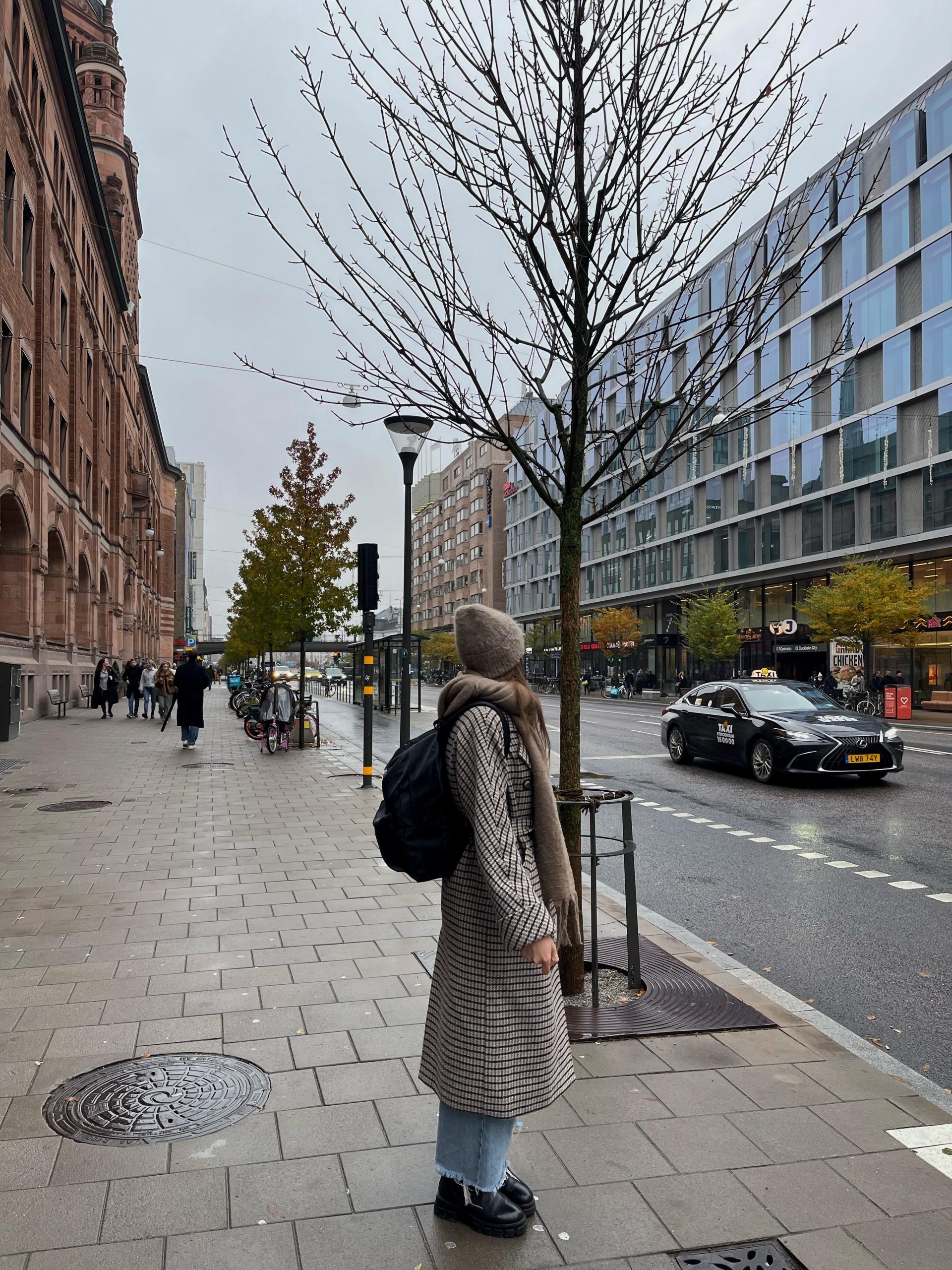 |
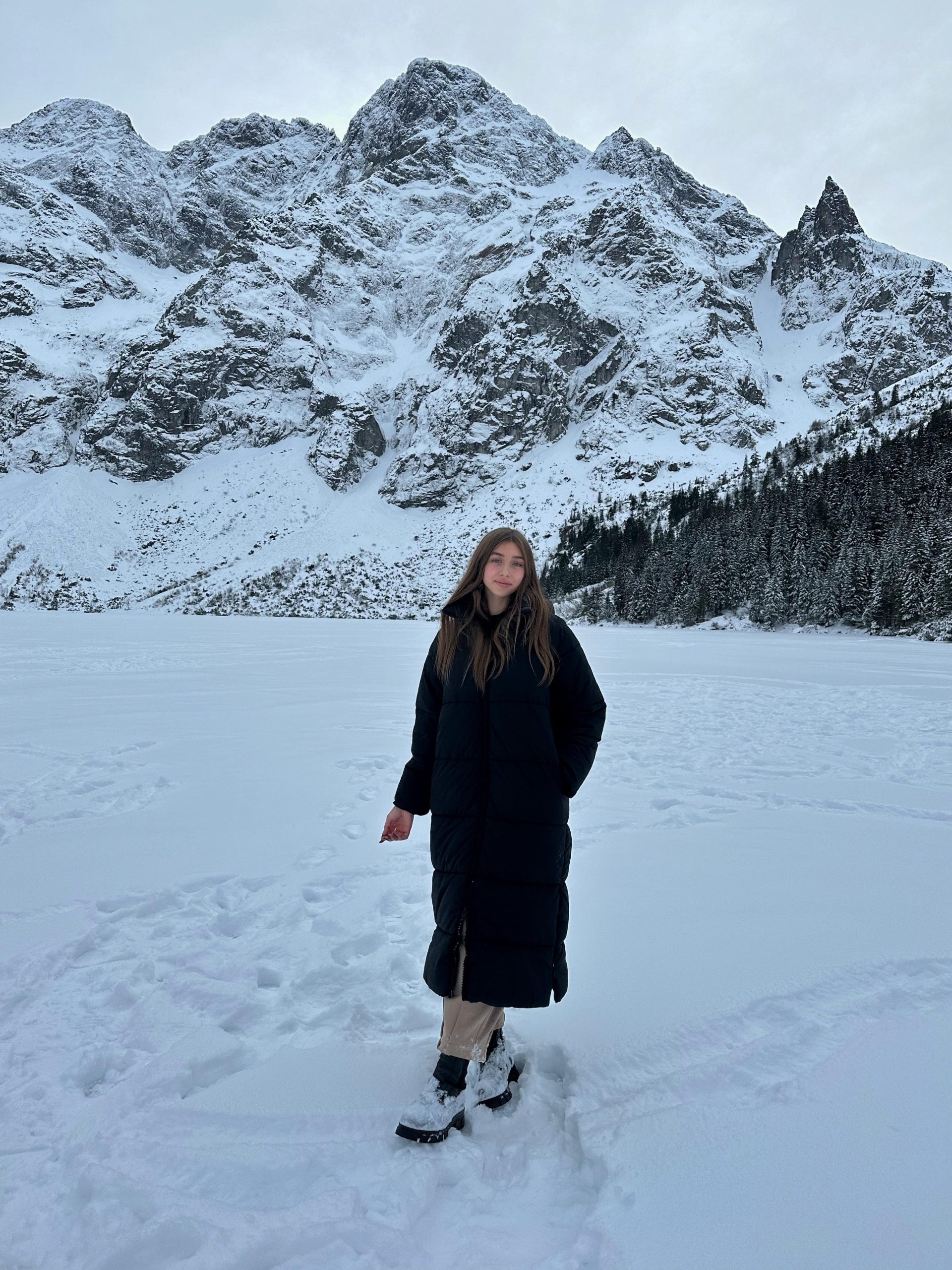 |
Sofiia Panchuk, a student of the Faculty of Foreign Philology, specialty 014 Secondary Education (Language and Literature (Polish), spoke about the organization of everyday life in another country:
“Living in a dormitory is an exciting and unique experience that opens up new opportunities and challenges for students.
Before going to Gdansk, I already knew where I would live. Before studying, we had the opportunity to choose which dormitory we wanted to live in. What can you say about the living conditions? The location was convenient, namely, it was near the university buildings, close to shopping centers, coffee shops, pharmacies, and tram stops. The rooms were pretty good, with modern furniture, a private bathroom, and a small kitchen. There was also a large kitchen on my floor, where everyone could come and cook something for themselves. By the way, the advantage of the shared kitchen was that you could meet other students while cooking.
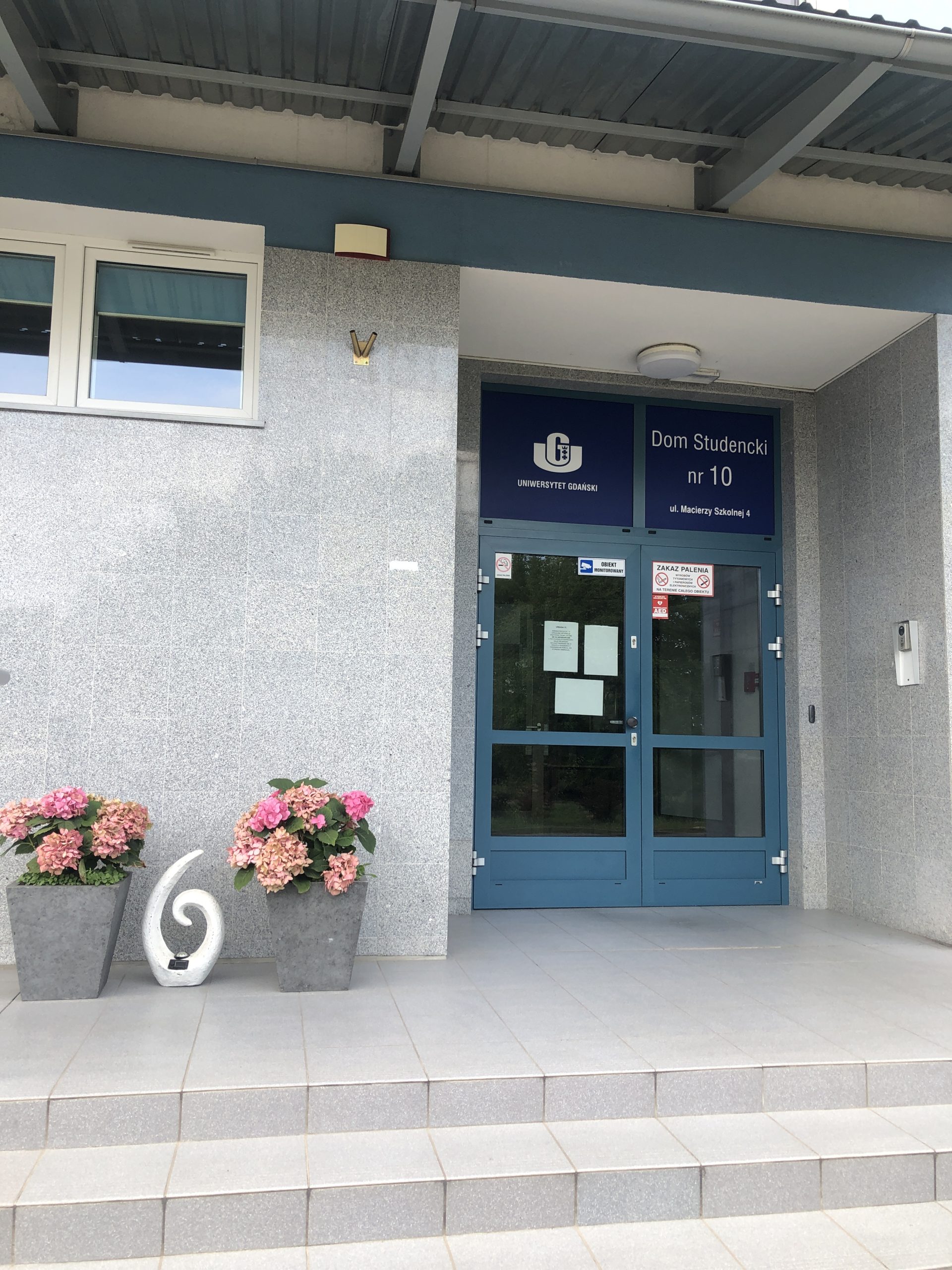 |
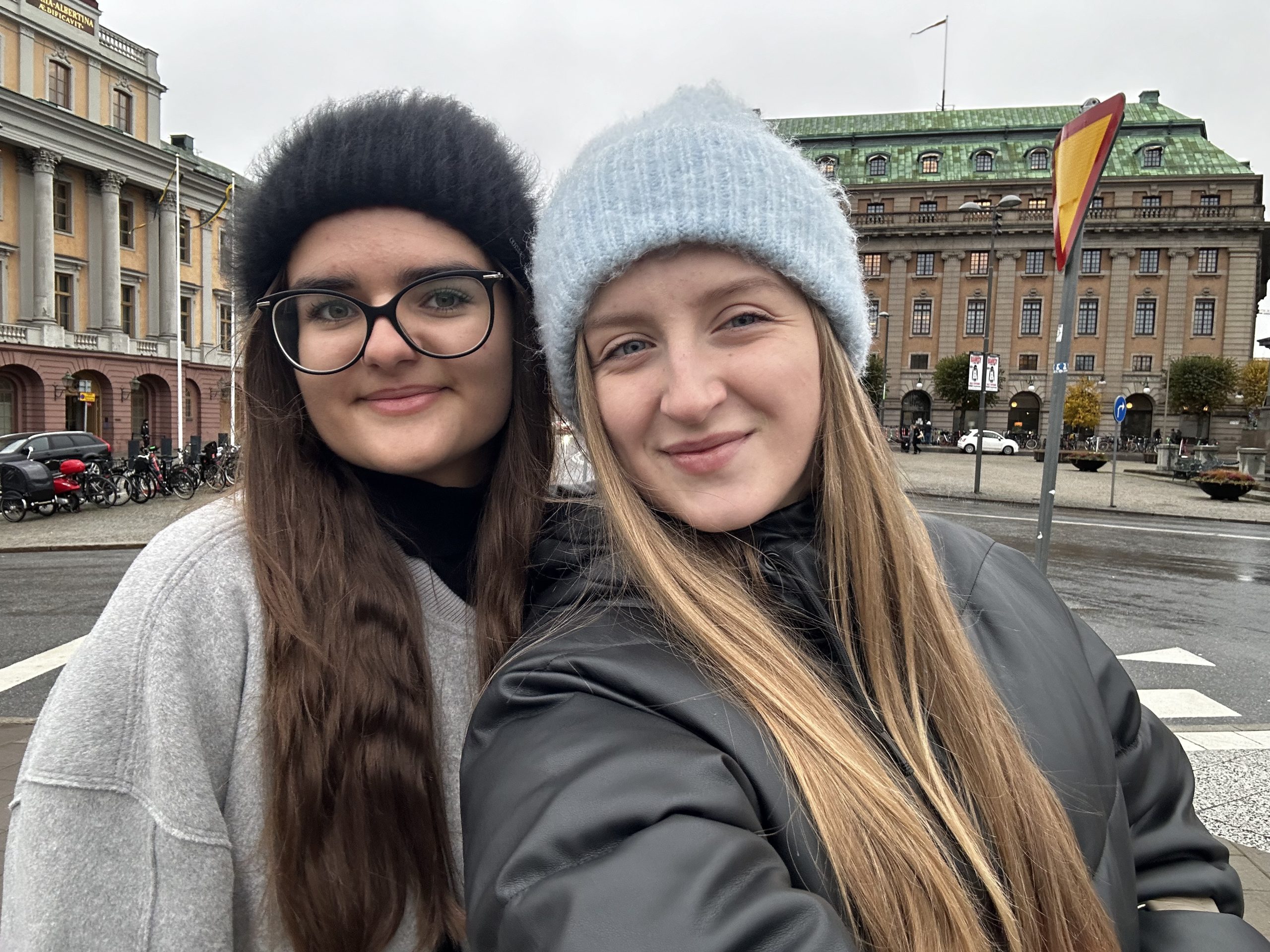 |
One of the main advantages is the opportunity to learn independence and responsibility. Each resident of the dormitory decides on their own how to manage their daily life. For example, when to do the laundry, go to the store, clean, or do their homework. This all contributes to the development of organizational skills and the ability to make their own decisions.
Living in a dormitory can also be a challenge. The limited space, the diversity of personalities and habits of those who live together in one room, and the need to resolve conflicts all require patience and the ability to find compromises. However, in my case, there were no such situations.
One of the aspects of living in a dormitory is the restrictions on entry and exit times, especially at night, which can affect the planning of parties or other trips. For example, if students intend to go to a disco, go to the train station or come from the airport, they need to agree with the watch in advance about the possibility of returning later than the specified schedule. Then there will be no problems with this.
Thus, living in a dormitory is not only a way of living but also an important stage in the life of every student, which provides an opportunity not only to study but also to develop as a person, meet new people (by the way, it was true: in the dormitory we met girls from Ukraine, with whom we spent a lot of time together during the semester, communicating, studying and traveling) and create unforgettable memories of student years.”
Once Erasmus, always Erasmus!
Office for International Cooperation

